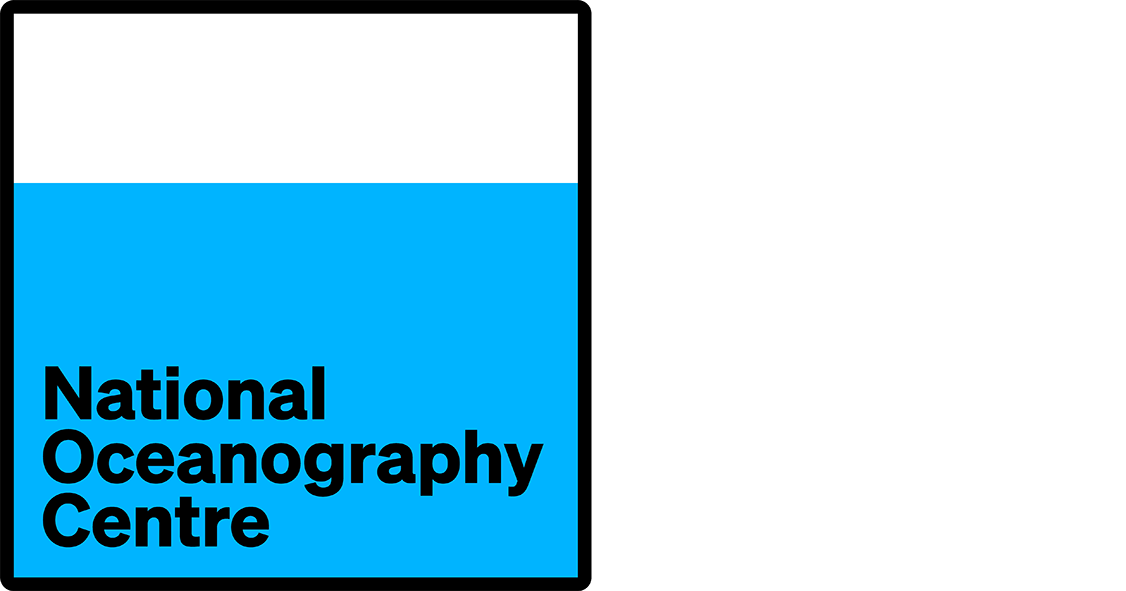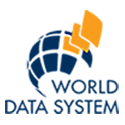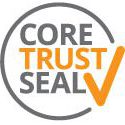- Resources
- Inventories
- EDMED
- Report
- 614
MLA Zooplankton Data (1986-)
Data set information
| Query EDMED |
| General | |
| Data holding centre | Fisheries Research Services, Aberdeen Marine Laboratory |
| Country | United Kingdom  |
| Time period | From 1986 onwards |
| Ongoing | Yes |
| Geographical area | Scottish coastal waters, central and northern North Sea, Rockall, north east Atlantic |
| Observations | |
| Parameters | Zooplankton and zoobenthos morphological parameters; Zooplankton growth rates; Zooplankton reproduction rate parameters; Zooplankton taxonomy-related abundance per unit volume of the water column; Zooplankton taxonomy-related biomass expressed as carbon per unit volume of the water column; Zooplankton non taxonomy-related biomass expressed as carbon per unit volume of the water column; Zooplankton non taxonomy-related abundance per unit volume of the water column; Zooplankton and zoobenthos development stage parameters; Zooplankton feeding |
| Instruments | Plankton nets; discrete water samplers; plankton categorisers and counters |
| Description | |
| Summary | These data have been collected over a period of many years using a wide range of sampling gears. The ARIES sampler is a multiple net sampler (200micron mesh) which can be triggered to sample by depth or time intervals and fitted with a variety of environmental sensors as well as a multiple water bottle sampler. It was designed and developed within the Laboratory. The OCEAN sampler was also designed and developed by the Laboratory and is fitted with four and since 1997 seven (95micron mesh) nets; it can also be fitted with an environmental sensor package if required. The LOCH EWE net is again an internally designed system and consisted of single or two concentric nets of different mesh sizes. These sampling gears have been operated in different modes vertical hauls, oblique and double oblique tows, at multiple depths on the one tow, and at a single fixed depth. The choice of sampling strategy was dependent on the scientific requirements of the programme. Since many of the samples which have been collected were for a specific research project, a full analysis to stage and species level has not been done in many instances. This is particularly true of the samples collected during ICES Herring Larvae surveys. Here, the herring larvae are extracted from the sample for further study but the rest of the sample was not analysed. In other instances, only selected samples from a particular cruise or survey may have been analysed in detail. The other samples were not analysed in detail but were dried to produce dry weight data. In the present data base, data only goes back as far as 1986. There is the potential to include data back as far as the mid 60s but this is dependent on the availability of manpower to digitise old paper records. At present, the data are arranged by cruise. Almost the entire data set was collected by research vessels operated by or on behalf of the Marine Laboratory, Aberdeen. The exception is the data set collected on the ICES Herring Larval surveys. The Laboratory acts as the international coordinator for the collation of these data and is also responsible for archiving the entire data set. |
| Originators | Fisheries Research Services, Aberdeen Marine Laboratory |
| Data web site | http://www.frs-scotland.gov.uk |
| Availability | |
| Organisation | Fisheries Research Services, Aberdeen Marine Laboratory |
| Availability | Moratorium |
| Contact | Director |
| Address | Fisheries Research Services, Aberdeen Marine Laboratory |
| Telephone | +44 1224 876544 |
| Facsimile | +44 (0)1224 295511 |
| Administration | |
| Collating centre | British Oceanographic Data Centre |
| Local identifier | 1043008 |
| Global identifier | 614 |
| Last revised | 2009-12-02 |


